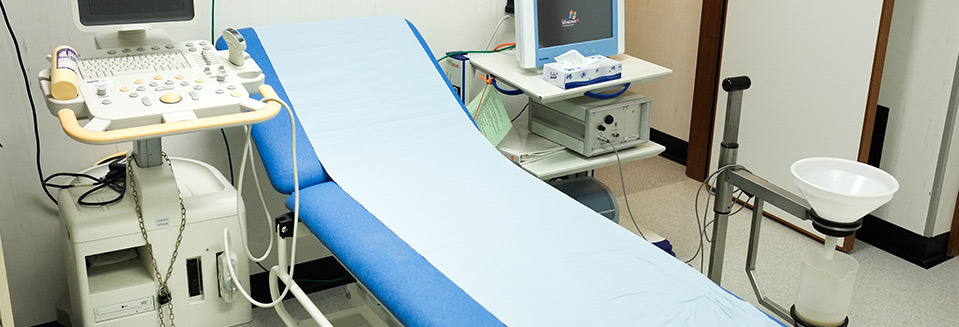
For Patients
Testicular Cancer
Testicular cancer is uncommon and usually occurs in young men. The cancer arises from sperm producing cells. One third of tumours are called seminomas and the remainder are mainly teratomas: they are distinguished under a microscope. Both types produce a painless swelling of the testicle – although pain can be a feature in some men.
TREATMENT AND MANAGEMENT
An ultrasound scan of the scrotum and blood tests (for tumour markers) will be done. A CT scan is performed in all cases to see whether the tumour has spread. The only sure way of diagnosing testicular cancer is to remove the testicle with an operation so that it can then be examined under the microscope. This operation is called an orchidectomy and will require a general anaesthetic. An incision is made in the groin and the whole testicle is removed. Recovery is quick and only 2 weeks convalescence at home is generally required. You will not need to stay in hospital overnight after your operation.
You will be referred to a clinical oncologist who is a specialist who provides treatment and ongoing review for men with testicular cancer. Depending on the type of tumour and on whether it has spread, the oncologist may recommend further treatment with either chemotherapy or radiotherapy. It is important to remember that nowadays most testicular cancers can be cured (over 95% cure rate), but that careful follow-up and sticking to the advised treatment is essential. In some men several types of treatment may be needed.
Seminomas
After surgery to remove the testicle, most men will receive radiotherapy treatment. Occasionally, chemotherapy will be needed.
Teratomas
Some teratomas are cured by removal of the testicle. Other tumours require chemotherapy. Sometimes a major operation to remove the lymph glands at the back of the abdomen (retroperitoneal lymphadenectomy or RPLND) may be necessary after chemotherapy has been given.
Chemotherapy
The side effects of chemotherapy vary according to the drugs which are used. Courses of drugs are given over 2 – 3 days. While the drugs are being given, sickness is common, but this can be relieved. Some treatments lower the body’s immune defences and make patients more likely to suffer from infections. For this reason, your oncologist will arrange regular clinic visits where blood tests will be taken to assess the body’s defences. Certain treatments, particularly radiotherapy, may affect your fertility. In some cases this may be permanent and arrangements can be made to freeze and store sperm before treatment commences. This can then be used for artificial insemination at a later date.
All patients require very careful follow up for at least 5 years and sometimes for life.
DO I NEED TREATMENT?
There has been remarkable improvement in the treatment of testicular cancer. Nowadays the great majority of men should be cured with treatment. Without appropriate surgery, effective radiotherapy and chemotherapy, most tumours would be fatal.
For further information please go to:

